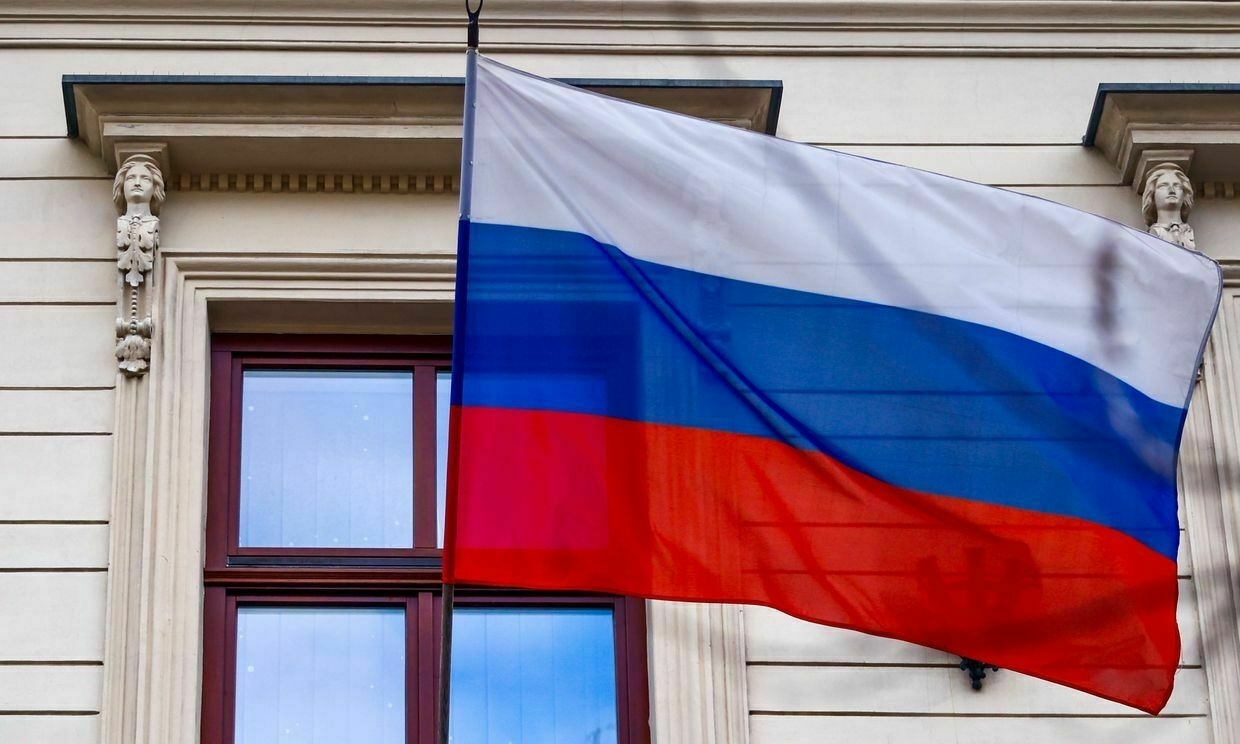
Russia is preparing to launch a U.S.-style international development agency to strengthen its global influence, the head of Russia’s foreign aid and cultural outreach arm, Yevgeny Primakov, said in an interview with the state-controlled RBC news outlet published on July 8.
The planned initiative would mirror aspects of the U.S. Agency for International Development (USAID), the chief U.S. foreign aid agency that was also seen as a tool of Washington’s soft power.
USAID officially stopped implementing foreign assistance as of July 1, following the Trump administration’s decision to dismantle the body.
Russia’s Foreign Ministry is currently drafting legislation that would establish a formal framework for international development efforts, Rossotrudnichestvo head Primakov said.
“We are counting on the next iteration of our agency,” said Primakov. “The Foreign Ministry is working on a draft law on international development assistance to create a format similar to USAID, which may or may not still exist. I’m not saying we’ll compete with USAID — we’d be happy to compete with Finland, for example, which has its own development agency."
According to Primakov, the lack of a dedicated legal mechanism for development work has slowed down Russian projects abroad.
Primakov also discussed his agency’s financial and operational challenges, including limited funding, rising logistics costs, and difficulties operating under international sanctions.
Rossotrudnichestvo’s budget has grown from 4.2 billion rubles in 2020 to 5.5 billion rubles today, he said, but a large portion is spent on rent, staff salaries, and building maintenance across more than 80 overseas offices.
Only about 25% of the agency’s budget is available for actual programming, Primakov said.
Among its ongoing efforts, Rossotrudnichestvo continues to distribute about 140,000 educational and literary books annually to libraries and universities abroad. Recent funding increases have also gone toward maintaining Russian military gravesites in countries such as Cyprus and Serbia.
Moscow forced USAID to leave Russia in 2012, accusing it of interfering in domestic affairs, particularly through its support for election monitoring and civil society groups. Now, with the U.S. retreating, Russia appears eager to fill the vacuum.
USAID sponsored many civil society projects and independent media in Eastern Europe. The initiative also helped organizations exiled from Russia and Belarus.
In Ukraine, USAID has provided $2.6 billion in humanitarian aid after Russia launched its large-scale invasion in 2022, as well as $5 billion in development assistance and more than $30 billion in direct budget support to Kyiv.
 The Kyiv IndependentLinda Hourani
The Kyiv IndependentLinda Hourani
